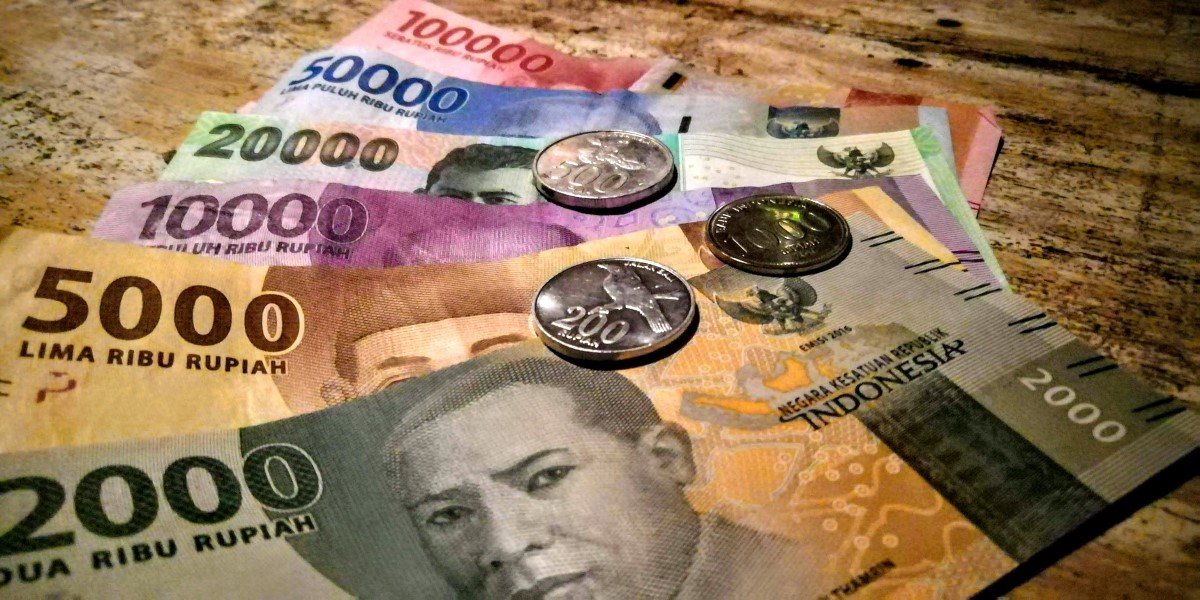When visiting Bali, it’s important to understand how to handle money through ATMs and currency exchanges.
ATMs in Bali
ATMs are plentiful in strongly populated areas like Seminyak, Jimbaran Uluwatu, Sanur, Nusa Dua and Ubud. They usually dispense Rp 50,000 or Rp 100,000 notes, and the typical withdrawal limit per transaction is between Rp 1,500,000 and Rp 3,000,000. To avoid issues like skimming, it’s safest to use ATMs located inside banks or well-lit, busy areas such as malls. BCA, Mandiri, and BNI are trusted local banks with secure ATMs.
Fees and Currency Conversion
ATMs in Bali often charge a small withdrawal fee (around Rp 20,000 to Rp 50,000). It’s advisable to withdraw in the local currency (IDR) without currency conversion at the ATM, as choosing the conversion option can lead to poor exchange rates. Cards from international services like Wise and Revolut can help minimize fees, making them a good option for travelers.
ATM Skimming in Bali: What You Need to Know
While Bali is a dream destination, it’s important to stay cautious about ATM skimming, which has been reported in certain areas. Skimming involves criminals placing devices on ATMs to steal card information and PINs. To avoid becoming a victim:
- Use ATMs at Banks: Stick to ATMs located inside or directly outside reputable banks, as these are less likely to be tampered with.
- Inspect the ATM: Check for anything unusual, like loose card slots or extra devices near the keypad or screen.
- Cover Your PIN: Always shield your PIN when entering it, even if the ATM appears secure.
- Avoid Standalone ATMs: Especially in tourist-heavy areas like Kuta, Seminyak, or Canggu, standalone ATMs are more vulnerable to tampering.
- Monitor Your Account: Regularly check your bank statements for unauthorized transactions and notify your bank immediately if you spot any.
Taking these precautions will help ensure your trip stays stress-free and secure!
Using Cash vs. Cards
While credit and debit cards (mainly Visa and Mastercard) are widely accepted in tourist hubs, smaller local businesses, markets, and street vendors usually prefer cash. It’s common to carry cash for everyday transactions like food, transport, or local shopping. Be mindful that some places may charge an additional 3% fee for card payments.
Money Changers
If you need to exchange foreign currency, stick to authorized money changers, especially in well-trafficked areas. Avoid small, unlicensed exchange stalls, as they may shortchange you. The best rates are often found in banks or trusted money exchange counters, though withdrawing cash from ATMs generally offers a more straightforward way to get local currency without needing to carry large amounts of foreign cash.






